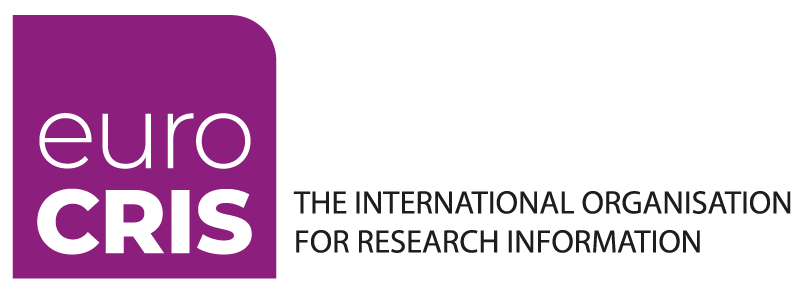Interesting discussions often take place within the euroCRIS Board mailing list on relevant topics related to the CERIF format and to Current Research Information Systems (CRIS). As this is a closed list for euroCRIS Board members only, these conversations remain internal in nine out of every ten cases. Having a blog however offers us an opportunity to occasionally share some of the highlights of a specific exchange of opinions among experts in these matters.
Such was the case for the recent discussion on CERIF and the KDSF (Kerndatensatz-Forschung or Research Core Data Set information exchange format in Germany). The KDSF was one of the topics addressed in some depth at the recently held Autumn 2019 membership meeting in Münster last November, with two very well received keynotes by Inka Spang-Grau (“Research Information in the Selection Process of Germany`s Universities of Excellence”) from the Wissenschaftsrat Head Office and by Sophie Biesenbender (“The Research Core Dataset: standardizing the management and reporting of research information in the German science system”) from the German Centre for Higher Education Research and Science Studies (DZHW).
These addressed the current implementation status and future developments plans for this voluntary standard for the harmonized management and reporting of research information by universities and non-university research institutions in the German science system.
The compatibility between a national research information standard like the KDSF and an international one like CERIF was the topic of the recent discussion on the euroCRIS Board mailing list.
One of the reasons for this discussion was the fact that within the framework of the KDSF development, questions have been raised regarding the practical relevance of CERIF for the institutions implementing the KDSF. This was due both to the perceived complexity of the CERIF standard and to the fact that there seemed to be just one use case for CERIF so far, notably the Open Science Project OpenAIRE. The DZHW has carried out a systematic comparison of the Research Core Data Set with CERIF and made it available online.
The discussion held within the euroCRIS Board raised a number of arguments to highlight the relevance of preserving the KDSF-CERIF compatibility in the process of further development and implementation of the German standard. Some of these were:
- OpenAIRE is not the only use case for CERIF. Things keep rapidly evolving in this area, and there are several ongoing initiatives where CERIF is used as the standard for the research information exchange between research funders and institutions in different countries, especially with regard to data on funded projects. This is currently the case for the information exchange between the national research funder NWO and the institutional CRISs in the Netherlands and for the FWO in Flanders, Belgium;
- As part of the project to use CERIF as the basis for the OpenAIRE Guidelines for CRIS Managers, CERIF has already been substantially simplified. It's this simplified version which should presently be taken as a point of reference and not the – indeed complex – previous versions of CERIF;
- Some of the non-matching entities/attributes In the CERIF/KDSF mapping could perhaps be matched after all. One such case could be "spin-off" entity, which could well be expressed as a qualified instance of the "Product" entity of CERIF;
- One of the main goals for the just-started CERIF refactoring project is to enhance the flexibility of CERIF in view of emerging new technologies as well as existing frameworks and models (RDF, etc...). It should then be kept in mind that this is subsequently a ‘moving-goalpost landscape;’
- From a more generic perspective, in the long run there is a lot to gain from going for an international model/standard instead of focusing on national implementations and approaches. As discussed in the Spring 2019 euroCRIS membership meeting at the CSC in Espoo, the trend – exemplified by projects like the Nordic Research Information System NordRIS – would rather seem to point at an internationalisation of the information exchange standards.


